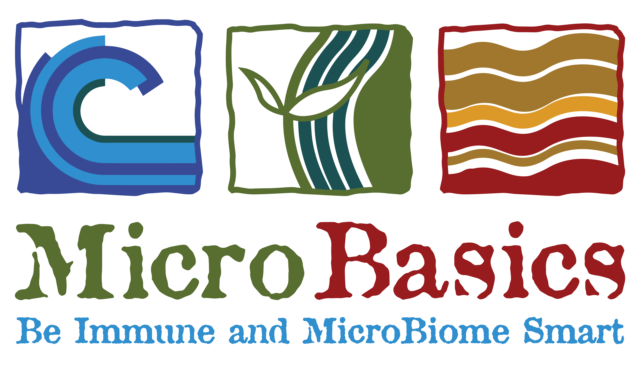A wise old Norwegian once said, “Cookies are made with butter and love.” This I know to be true.
I’ll never forget the day I opened up the mailbox to find a package from my friend Amy and her husband, Scott.
We were a month or so into COVID-19 lockdown, and, as many others can relate, I was struggling to balance work, motherhood and my sanity. But as I sliced the mailing tape to open the cardboard box, its surprising contents fell out on the kitchen table: a neatly wrapped and sealed package of homemade chocolate chip cookies and a sweet little note from my friends, encouraging a tall glass of milk to wash down those cookies.
True confession: I snuck a cookie for myself before alerting the two little boys in my house that a sweet treat for them had arrived. The cookie was delicious. It was perfectly soft and slightly crumbly, with a chocolate morsel in every bite. It was just what I needed at the time: a moment to savor something that made me feel comforted and cared for.
Apparently, I wasn’t the only one who has found solace in a chocolate chip cookie during this pandemic. In a survey published by One Poll in conjunction with food company Farm Rich, cookies were the seventh-most devoured comfort food in 2020, edged out by several dairy indulgences like pizza, burgers, ice cream, and macaroni and cheese. Salty starches like french fries and potato chips ranked among the top comfort foods too.
The pandemic has pushed many Americans back to the foods and flavors that not only fill their tummies, but also satisfy their souls. Certainly, this can only perpetuate the good news for dairy farmers that is touted on the cover of this issue: “U.S. per-capita dairy consumption hits 60-year high.” Keep in mind, that headline is based off of 2019 (pre-pandemic) consumer trends that showed the decline in fluid milk consumption was more than offset by increased cheese and butter consumption.
Food companies are paying attention to these trends and the science behind them. In an article recently published by food industry publication Food Dive, ADM’s chief global flavorist Marie Wright explained how we “taste with our brains,” processing flavor in the same part where we store memories and evoke emotions. ADM is doing a lot of work with flavors like chocolate, vanilla, macaroni and cheese, and cheese – that are universally thought of as comforting.
As I read these articles, I flash back to the 2018 Dairy Experience Forum, listening to a consumer focus group talk about the factors that drive their food purchases. At the time, cost, freshness and taste preferences were their driving factors. However, I would argue that these days, the pandemic has triggered emotions and feelings that have been a strong force behind the foods and flavors people place in their online shopping carts. In particular, feelings like worry, sadness, loneliness, fear, anger and frustration, among others.
And isn’t it interesting, how in times of isolation and desperation, people are coming back to what gives them joy and comfort. They come back to who they trust: farmers. In fact, a recent Gallup poll tracking Americans’ views of business and industry sectors declared that “farming and agriculture is the clear leader,” achieving more positive responses than the grocery, restaurant and computer industries.
This, my dairy farmer friends, means that what you do each and every day is more important than you may even know. Consumers are coming back to dairy not just because it tastes good, but because it feels good.
The benefits of dairy products go beyond the body. Dairy foods are impacting the minds and emotions of a nation that is hungry for more than just a snack. People are seeking out satiating and savory options because they are grasping for something that will make them feel safe and secure, produced by someone they trust.
As the old Norwegian proverb says, cookies are indeed made with butter and love, but there’s a lot of love in each product that comes from our dairy farms.
So what’s the moral of this story?
Don’t send your friends a pandemic salad.





